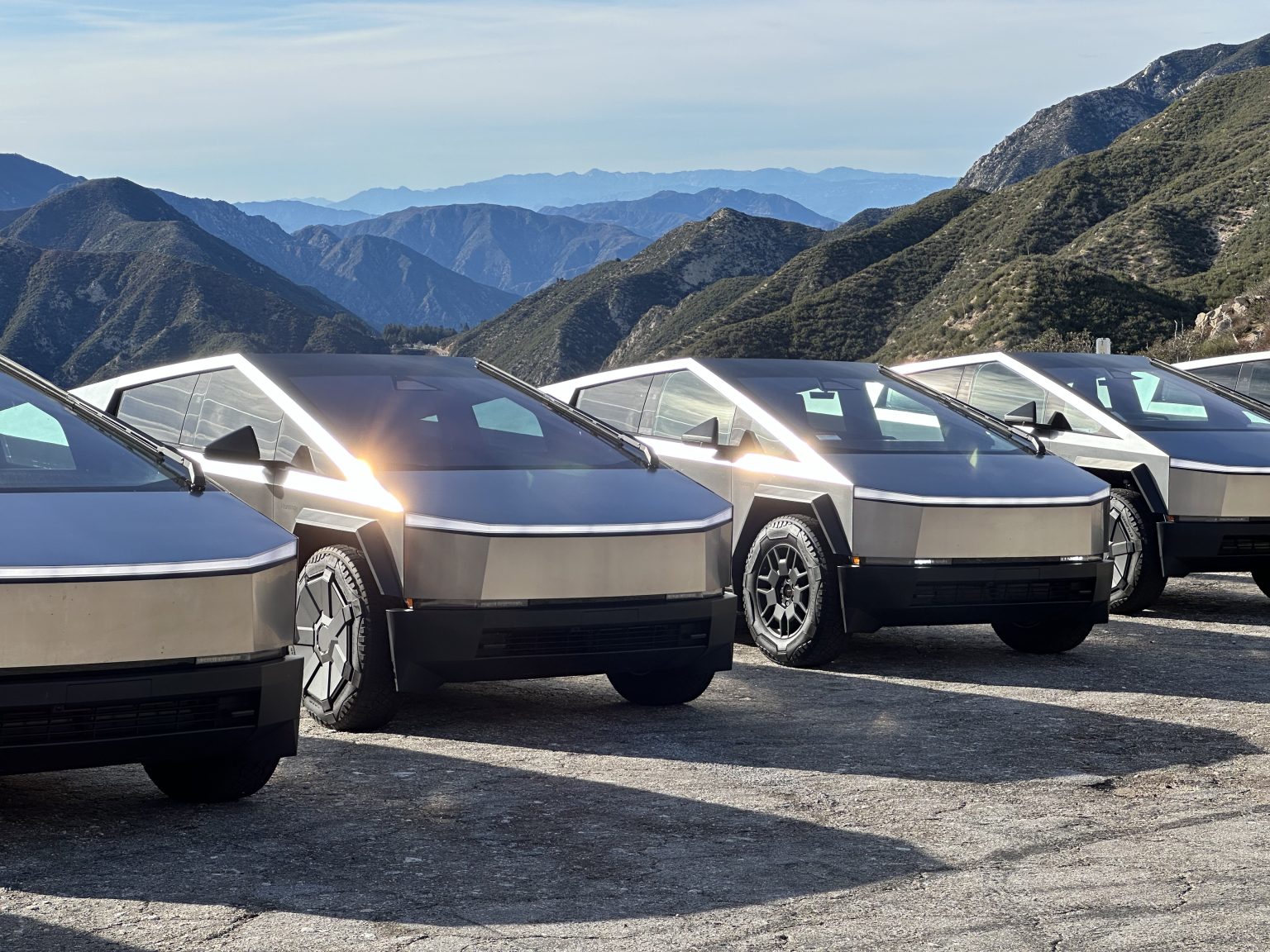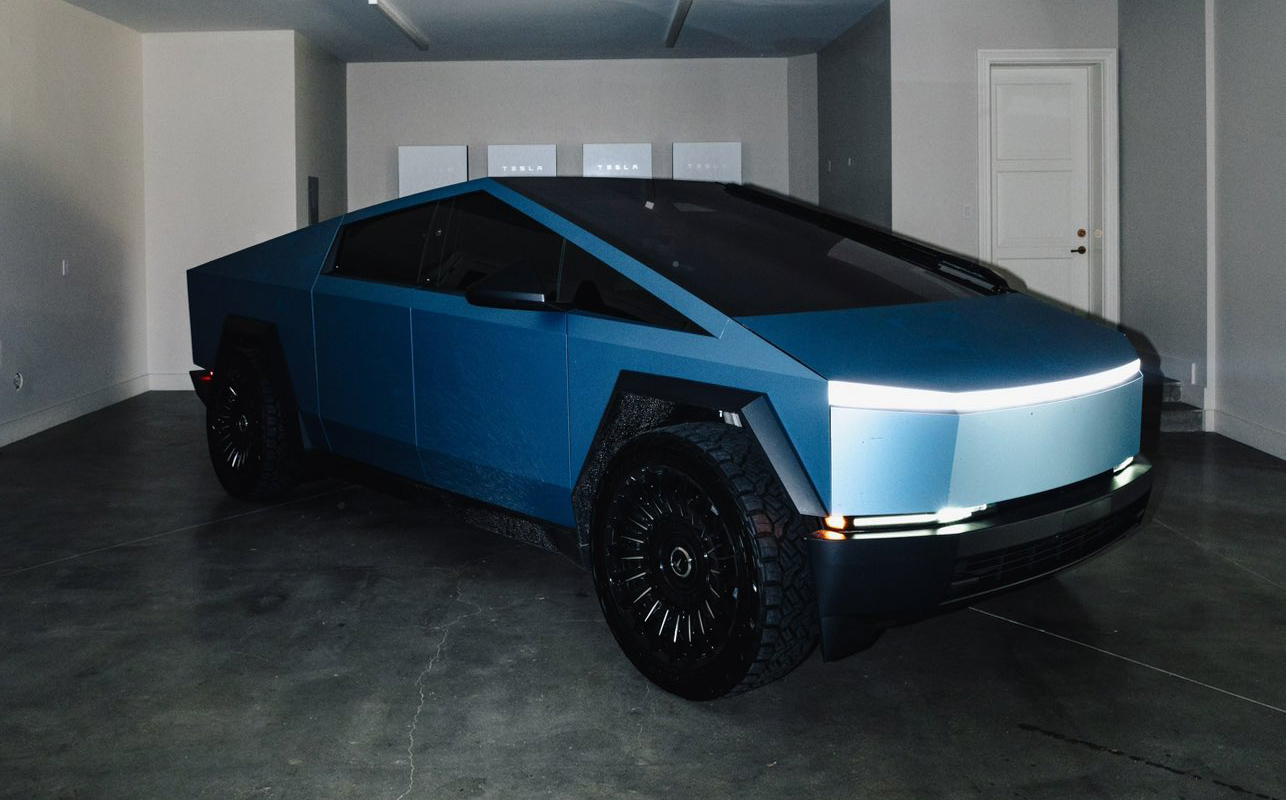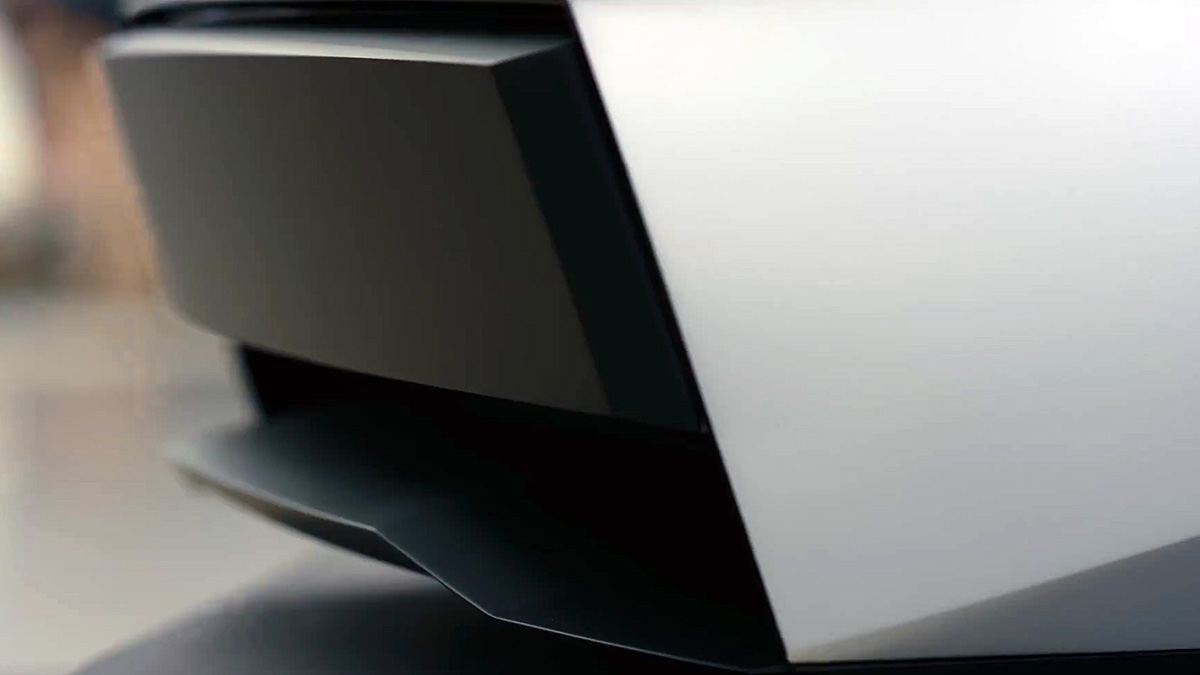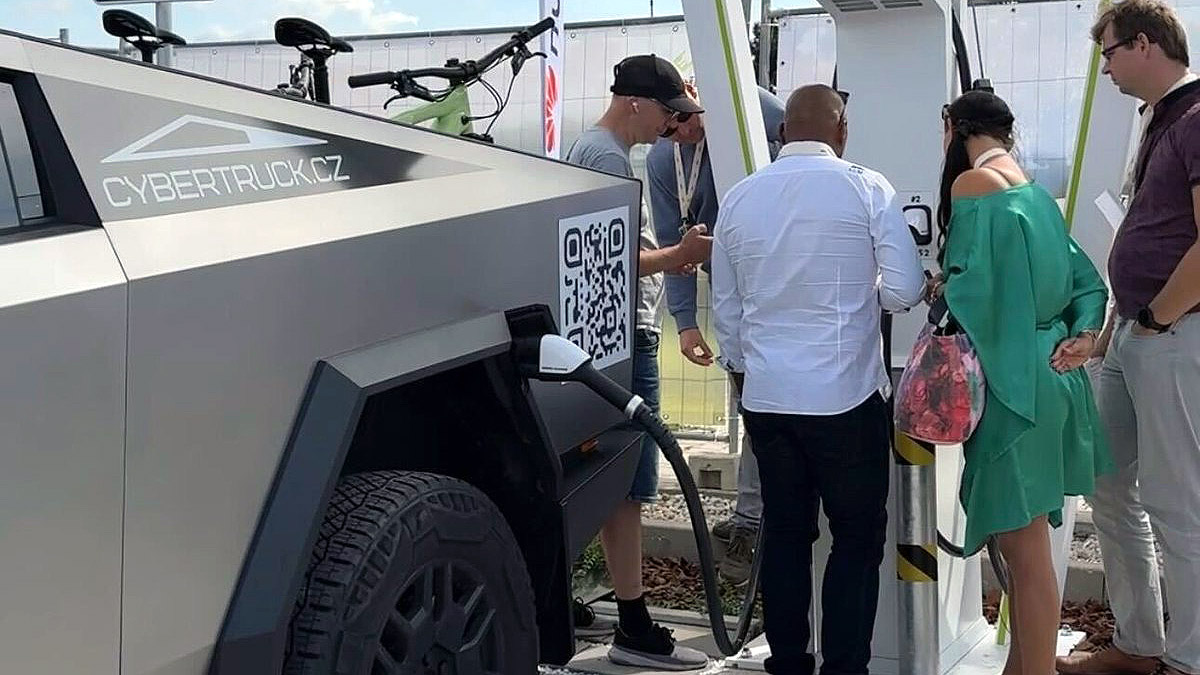Tesla is navigating production challenges while pursuing advancements in its Cybertruck lineup, with the 4680 battery emerging as a critical bottleneck.
Currently producing slightly over 3,000 Cybertrucks monthly, Tesla recently notified reservation holders of a delay in the release of a more affordable variant, now slated for “late 2024.” This timeline adjustment diverges from CEO Elon Musk‘s earlier projection of a sooner release mentioned at the Annual Shareholder Meeting.
Musk highlighted aspirations for a 20% reduction in Cybertruck production costs, but Tesla’s Texas-made 4680 cells reportedly exceed costs compared to those from external suppliers.
Prospective 4680 battery supplier LG claims significant cost reductions, aiming to align with Tesla’s initial Battery Day promises from 2020. “Among battery competitors, LG is leading,” stated LG Energy Solutions‘ CEO, citing a decade-long research focus on dry electrode coating technology.
Tesla aims to achieve cost parity with its battery suppliers by year-end, a goal influencing recent organizational changes, including the departure of its battery chief and 4680 production facility manager during spring layoffs.
The primary hurdle in reducing 4680 battery costs lies in perfecting dry electrode coating, a technology LG plans to master by 2028, with pilot production starting this year and full commercialization targeted for 2027. This advancement promises a 30% cost reduction for 4680 batteries, alongside significant reductions in production facility footprint and energy consumption.
Tesla’s recent legal action against a supplier accused of misappropriating dry electrode coating trade secrets underscores the strategic importance of proprietary battery technologies in its competitive strategy. Access to such technologies was bolstered through Tesla’s acquisition of Maxwell Technologies, though scaling challenges persist.
While Tesla has achieved modest cost reductions through larger battery sizes, its 4680 cells reportedly exhibit average energy density and slower charging rates compared to industry benchmarks. Achieving the remaining 30% cost reduction outlined in Battery Day goals may hinge on internal manufacturing breakthroughs or partnerships with suppliers like LG and Panasonic, potentially affecting tax incentives allocated to in-house production.
Source: Japan Times







